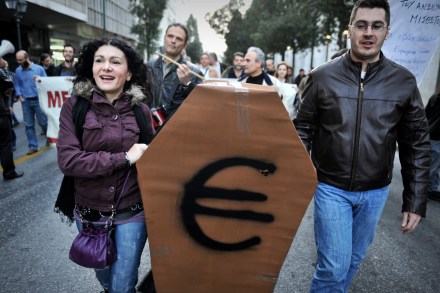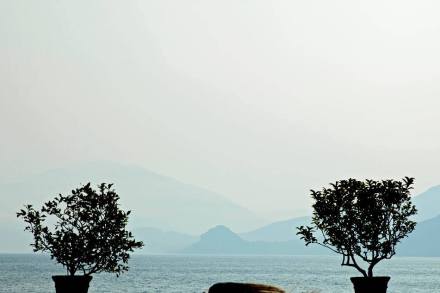Leadership at last?
Most of today’s papers carry reports of a deal to relieve the European sovereign debt crisis. The details are varied, but it seems that 50 per cent of Greek debt will written off and the currency will be allowed to remain within the single currency. This means that banks that are exposed to Greek debt will incur potentially ruinous losses. The EFSF mechanism will probably be extended to cover those losses and guard against contagion. Estimates vary, but it seems the fund will have to increase to somewhere around 2 trillion euros if the mounting crises in Italy and Spain are to be contained. Britain’s exposure remains unclear at this














